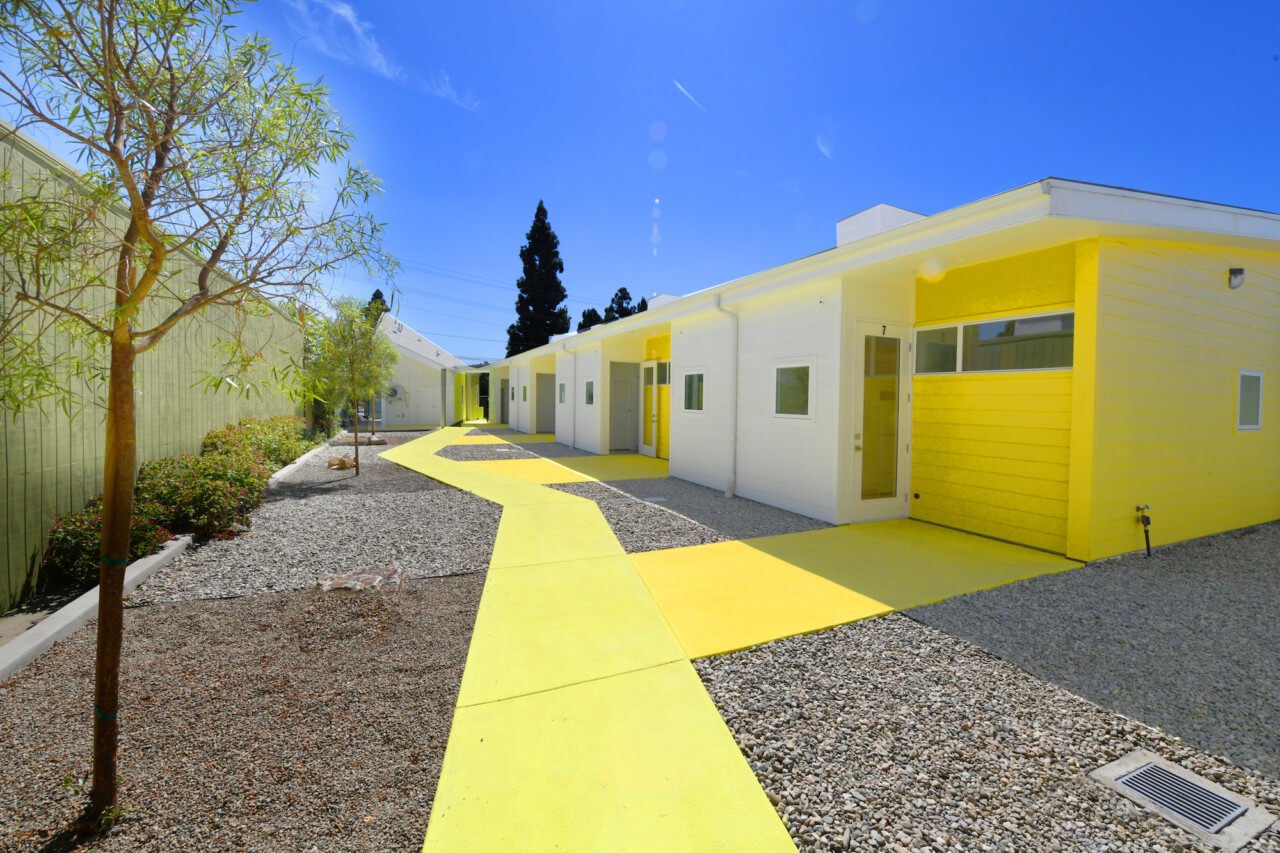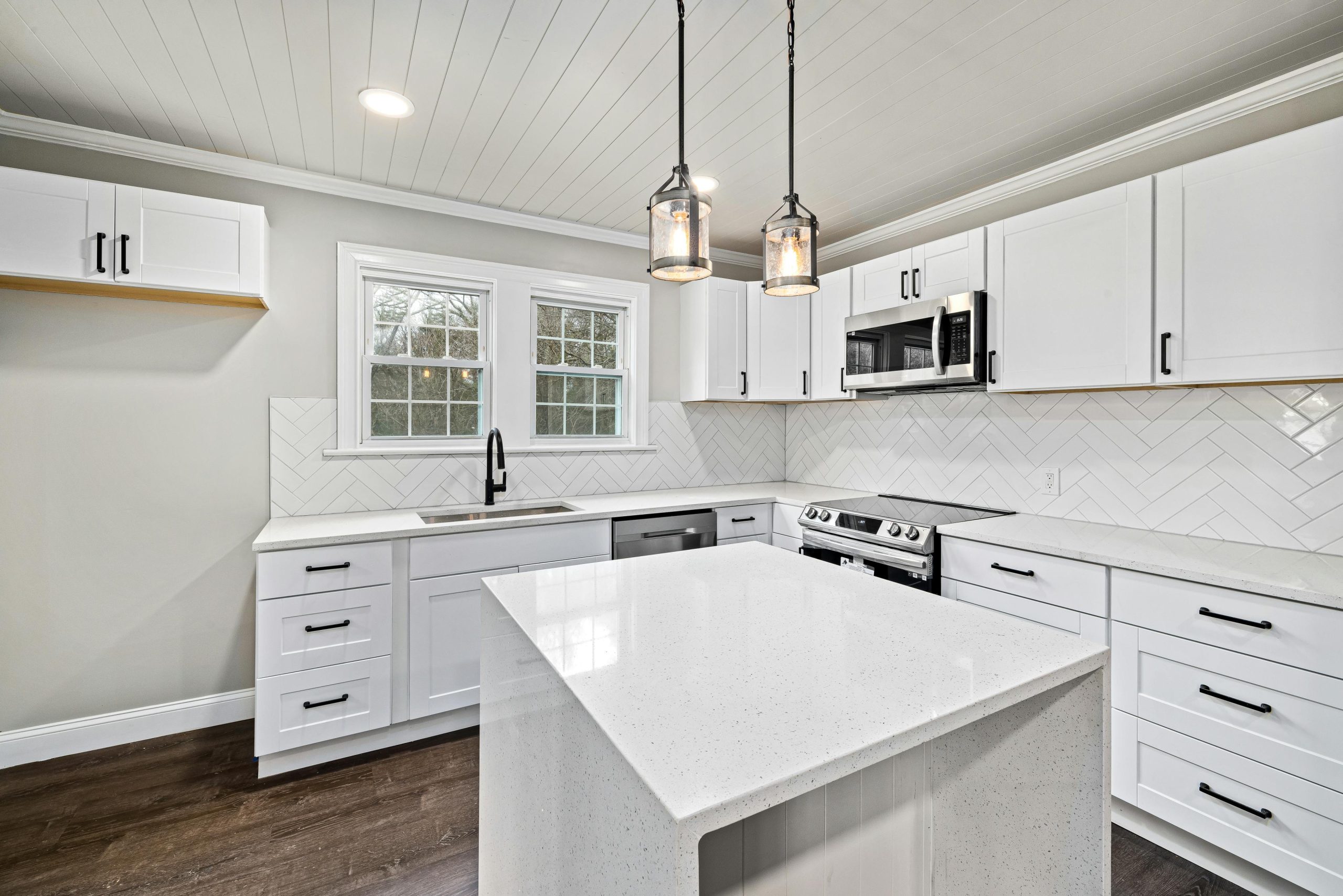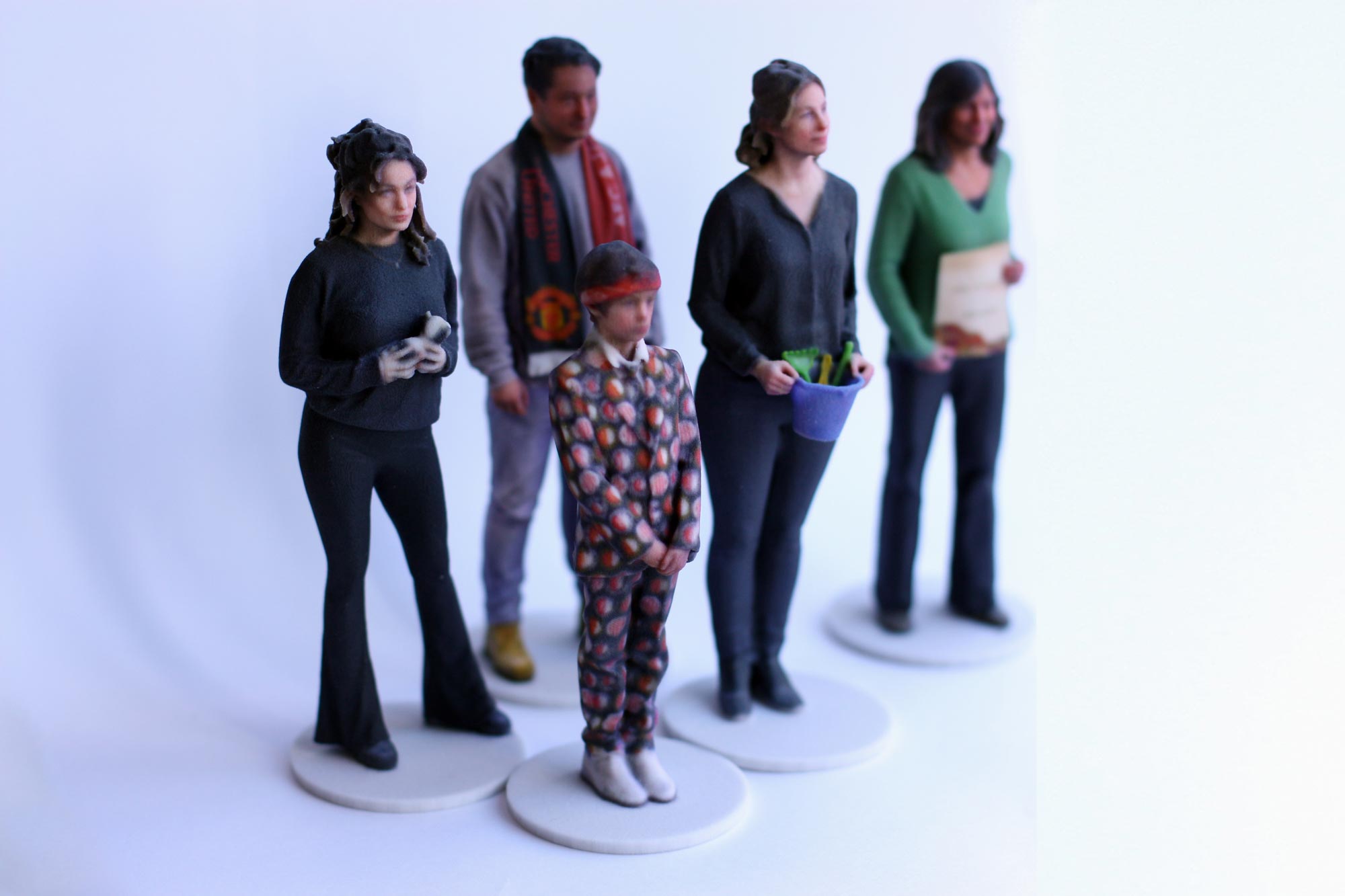Provides more than temporary shelter—it is a comprehensive support system designed to help veterans regain stability and rebuild their lives. Many veterans face challenges such as homelessness, unemployment, and mental health issues, and Transitional housing for veterans offers structured programs to address these needs.
RESTORING STABILITY AND INDEPENDENCE
Transitional housing for veterans offers a safe and stable environment where residents can focus on recovery and personal growth. By providing secure accommodations, transitional housing for veterans allows veterans to regain a sense of normalcy while working toward independent living.
ACCESS TO HEALTHCARE AND COUNSELING
A major way transitional housing for veterans helps rebuild lives is by providing access to healthcare and mental health services. Counseling, therapy, and medical care help address the physical and psychological challenges many veterans face. Transitional housing for veterans ensures that residents receive holistic care tailored to their needs.
SUPPORT FOR EMPLOYMENT AND EDUCATION
Transitional housing for veterans often includes programs that assist with job placement, vocational training, and educational opportunities. By focusing on skills development, transitional housing for veterans empowers veterans to achieve financial independence and long-term career success.
BUILDING LIFE SKILLS
Transitional housing for veterans emphasizes practical life skills such as budgeting, time management, and daily living tasks. Learning these essential skills enables residents to transition smoothly into permanent housing. Transitional housing for veterans prepares veterans for the responsibilities of independent life while offering guidance and support.
FOSTERING COMMUNITY CONNECTIONS
Living in transitional housing for veterans allows residents to connect with peers who share similar experiences. These social connections reduce feelings of isolation and promote emotional well-being. Transitional housing for veterans encourages community engagement and peer support, which are vital for long-term recovery.
PATHWAY TO PERMANENT HOUSING
Transitional housing for veterans serves as a bridge to permanent housing solutions. Through structured programs and supportive services, transitional housing for veterans helps residents move confidently toward stable, independent living arrangements.
PROMOTING MENTAL AND EMOTIONAL WELL-BEING
Transitional housing for veterans recognizes the importance of mental and emotional health. Counseling, support groups, and peer interactions help veterans process trauma and build resilience. Transitional housing for veterans creates an environment where veterans feel supported and understood.
LONG-TERM SUCCESS AND INDEPENDENCE
The ultimate goal of transitional housing for veterans is long-term success. By providing stability, resources, skill-building, and community support, transitional housing for veterans ensures that veterans leave the program prepared to thrive independently.
CONCLUSION
Transitional housing for veterans plays a vital role in helping those who have served rebuild their lives. By offering safe housing, comprehensive services, employment and education support, life skills training, and community connections, transitional housing for veterans empowers veterans to achieve independence and long-term stability. These programs are essential pathways for veterans to reclaim their lives with dignity and confidence.











Leave a Reply